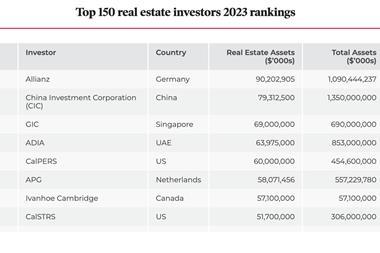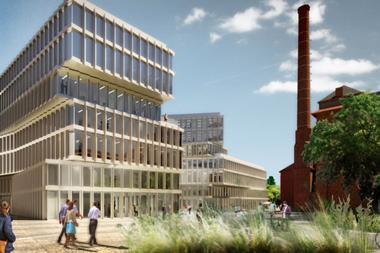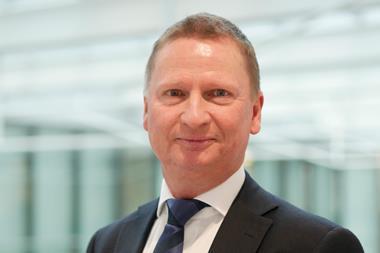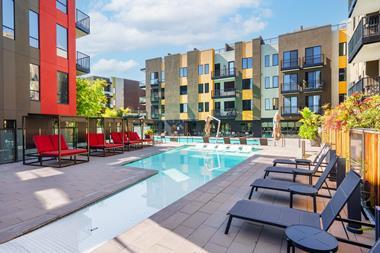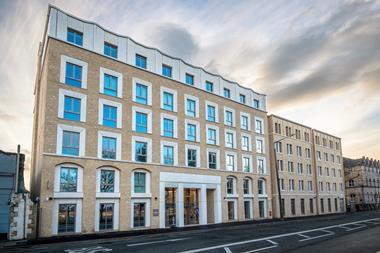Bayerische Versorgungskammer’s (BVK) strategy of diversifying its real estate portfolio outside its home country over the past two decades has helped the German pension fund cope during crises.
Speaking at the IPE Real Estate Global Conference & Awards 2023 in Milan, Rainer Komenda, who heads the €97bn pension fund’s real estate investments, said the real estate portfolio pulled through during the global financial crisis and the recent COVID-19 disruptions due to its geographical diversification.
None of the geographies had been perfect, “but diversification definitely helped us not to go down”, he told IPE editorial director Liam Kennedy during an on-stage interview.
BVK began to diversify its real estate porfolio beyond Germany into Europe in the early 2000s, before expanding into the US and Asia-Pacific.
Today, BVK has 50% of its €24bn real estate portfolio in Germany, around 20% in the US, and close to 10% in Asia as it holds the 22nd position on the latest Top 150 real estate investors 2023 rankings.
Over time, the plan is to reduce its domestic exposure to 40-45% and maintain the rest of Europe around 20%, and “slightly grow the US and probably grow more towards Asia, from a growth perspective and diversification”.
Komenda said BVK’s real estate portfolio targets a net growth of around €700m a year.
In BVK’s home market, cities like Munich have been well placed to welcome the likes of Amazon, Google and Apple, thereby creating large footprints of new economy and providing good workplaces, and are currently driving rents from around €40 to up to €50 per square metre per month, he said.
Komenda added that there was a shortage of housing, especially affordable accommodation in Munich, which needs to be solved in the coming years.
In May last year, BVK and Goldman Sachs established a €300m fund to acquire stakes in real estate funds and make other transactions on the secondary market. The partnership was launched six months after BVK entered another €300m real estate secondaries partnership with StepStone Real Estate.
Kennedy asked about BVK’s experience in the secondaries sector, saying: “Will you be an agile allocator to get value from the market as you see opportunities in future?”
Komenda responded: “We started on balance sheet and invested directly, we invested in funds of funds on the listed side.” Regarding last year’s secondaries mandate, I think the timing is good for secondaries, he added.
“To be fair, it’s a bit too early to say it was successful or not because it’s just been a year-plus in the market, but it looks like the timing is pretty good for secondary investments.”
Too little too late for logistics?
Answering a question on BVK’s experience of investing in logistics so far, Komenda said BVK had in the past regarded the sector as expensive and “looking back probably we were too slow” to invest.
Logistics currently accounts for around 8% of the real estate portfolio and “if you asked me I would feel more comfortable with around 15%”, he said.
“There are opportunities still there as the market has come down a little bit. So I think over time we might grow.”
Komenda said the plan over time is to lower office allocation to around 30-35% from the current 40%, increase the multifamily exposure from 25% to 30%, and invest in niche segments like senior housing, storage, student accommodation, micro-living and data centres.
To read the latest edition of the latest IPE Real Assets magazine click here.











